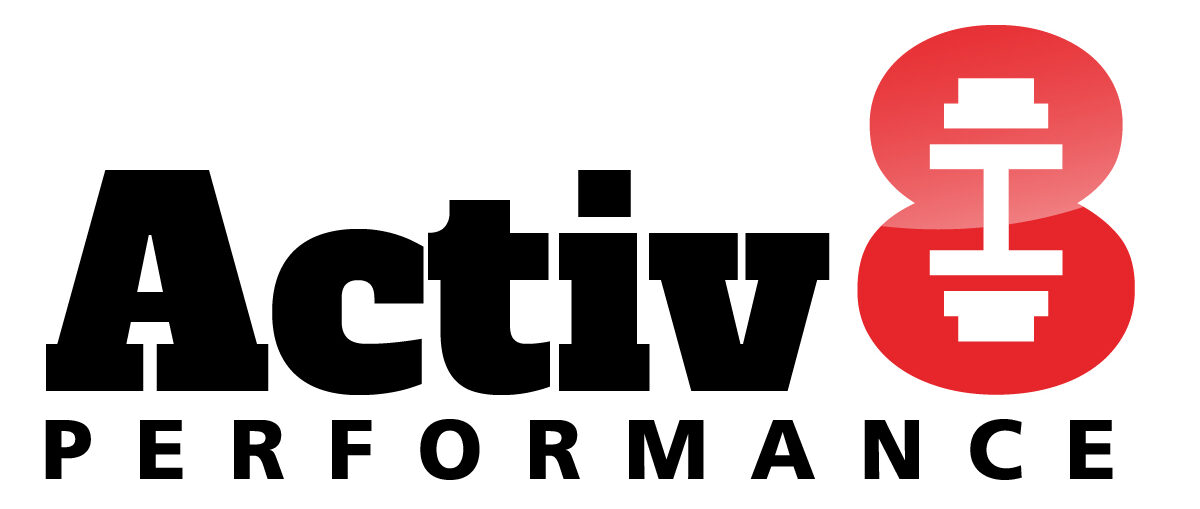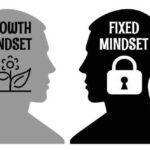In the world of sports, athletes often push their bodies to the limit, train rigorously, and hone their physical ability. Specialised coaches may preach about how one particular physical quality will be the difference in becoming a professional athlete in field-based sports. Yet, it’s not always the fastest or the strongest that shines the brightest. More often than not, it’s the skilled athlete who emerges as the champion. Why? Because, as the saying goes, “skills pay the bills.”
Skill vs. Talent: What’s the Difference?
While talent can be seen as a natural ability, skill is developed through dedicated practice and repetition. Talent might get you noticed, but skills keep you in the game. An athlete may possess lightning speed or incredible strength qualities, but without refining specific skills or strategies, their physical capabilities can only take them so far.
The Significance of Skill
Usain Bolt’s exceptional sprinting speed doesn’t directly equate to potential success in rugby league, a sport that demands a broad set of skills such as tackling, passing, strategic understanding, and the physicality to withstand tackles and collisions. Rugby league also requires high levels of spatial awareness, team coordination, and a different type of conditioning than the explosive, short-duration energy used in sprinting. Adapting to the multifaceted demands of the sport would pose significant challenges for an athlete specialised in the linear and individual discipline of sprinting.
Skilled athletes display a deep understanding of the game, they read situations better, make smarter decisions, and execute strategies flawlessly. This expertise can make all the difference between a good athlete and a great one. Skills also:
- Enhance Consistency: Skills, once mastered, lead to consistency in performance. A skilled basketball player will consistently make free throws, while a skilled tennis player will maintain a high first-serve percentage.
- Adaptability: Skilled athletes can adapt to different situations and opponents, making them unpredictable and hard to counter.
The Process of Skill Acquisition
Achieving mastery in any sport requires dedication. Here’s a general pathway:
- Cognitive Stage: The athlete understands the basic idea but makes many mistakes.
- Associative Stage: Mistakes decrease as the athlete starts to refine their technique.
- Autonomous Stage: The skill becomes second nature, and the athlete can perform without consciously thinking about it.
The Rewards of Skill Mastery
While skills indeed “pay the bills” in a literal sense, allowing athletes to excel professionally and monetarily, the rewards are more extensive:
- Personal Satisfaction: There’s a deep sense of accomplishment in mastering a skill.
- Respect: Skilled athletes are often held in high regard by peers and fans.
- Longevity: Skills often outlast raw physical prowess. An athlete’s speed or strength may wane with age, but their understanding of the game and technical ability can keep them competitive.
Conclusion
While speed and strength are foundational attributes for athletic performance and may provide a head start, they alone are not sufficient for securing a professional sports contract. Sport-specific skills are paramount because they directly influence an athlete’s ability to play the game effectively within the context of their particular sport. Therefore aspiring athletes should focus not just on their physical attributes but dedicate significant time to skill development.



